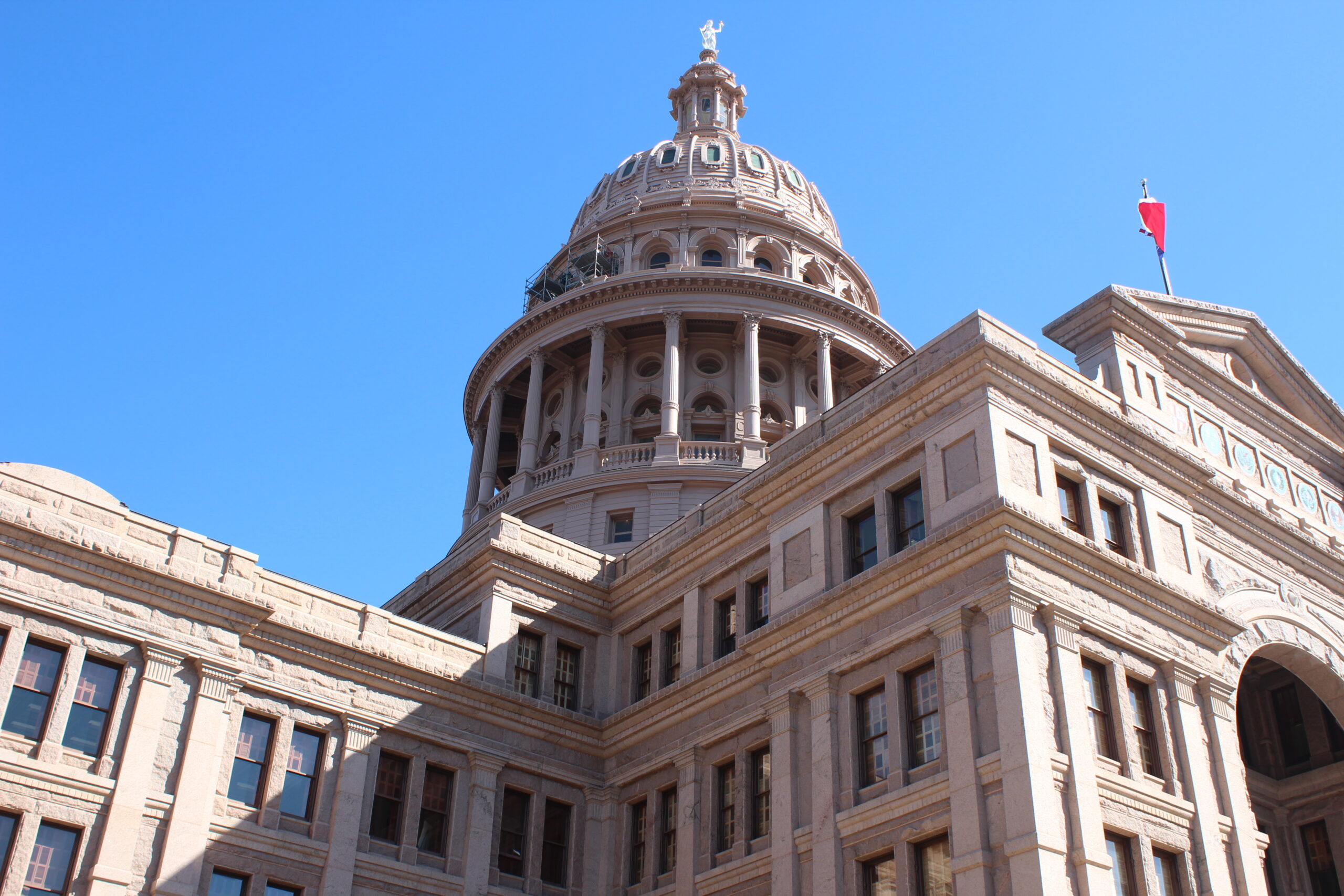The Legislative Budget Board met on November 30 and set the spending limit for the upcoming biennium to $105.8 billion General Revenue subject to adjustments from the 2020-21 biennium. They chose the rate of 7.06%, which is the Comptroller’s estimate of growth in population plus inflation, and is the third time they have used such a calculation rather than personal income and the lowest rate chosen out of the last three sessions. This rate will be applied to the 2020-21 General Revenue base amount of $98.8 billion (subject to adjustments), which will set the limit of certain appropriations for the 87th Session at $105.8 billion.
Additionally, the Biennial Revenue Estimate (BRE) will be issued by the Comptroller will be published on January 11th , one day ahead of the start of the 87th Session, which will provide budget writers with the other part of the equation – the amount of general revenue the state is estimated to have to spend in the 2022-2023 budget.
Furthermore, the burden on the Foundation School Program (FSP) is lower than anticipated due to higher-than-expected property tax revenues, which were caused by increasing property values. Therefore, the effect of decreasing the property tax burden on individuals is not realized due to the increased values. A conclusion could be that the state has continued its reliance on increasing property tax values which grew by 10% in 2019 to fund education while decreasing the amount of funding the state is contributing via the FSP. The average per ADA increase was estimated at $635 from the 86th Session but due to higher property values was lowered to $530.
Documents:
- Legislative Budget Board Meeting Agenda – November 30, 2020
- Technical Memorandum for Legislative Budget Board Meeting – November 30, 2020
- Memo to Board on 2020 -21 Spending Limit Update – November 30, 2020
- Memo to Board on Growth Rates of the State’s Economy and Technical Memorandum – November 30, 2020
- Report on State Fiscal and Economic Conditions, Supplemental – November 30, 2020


